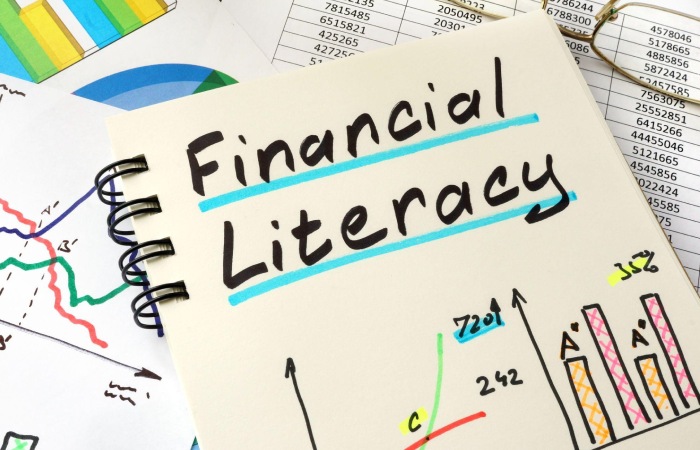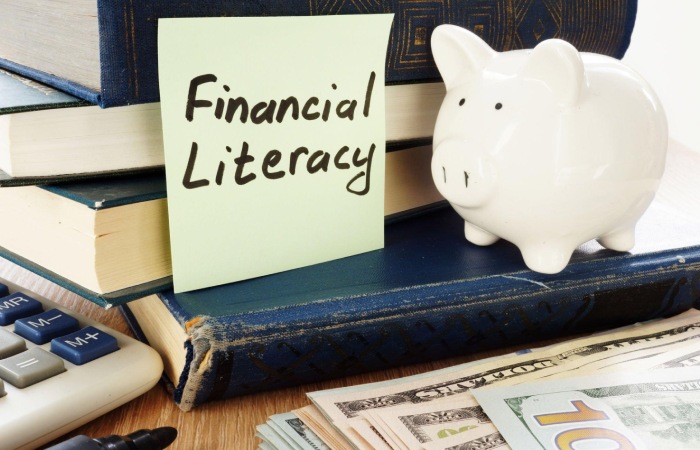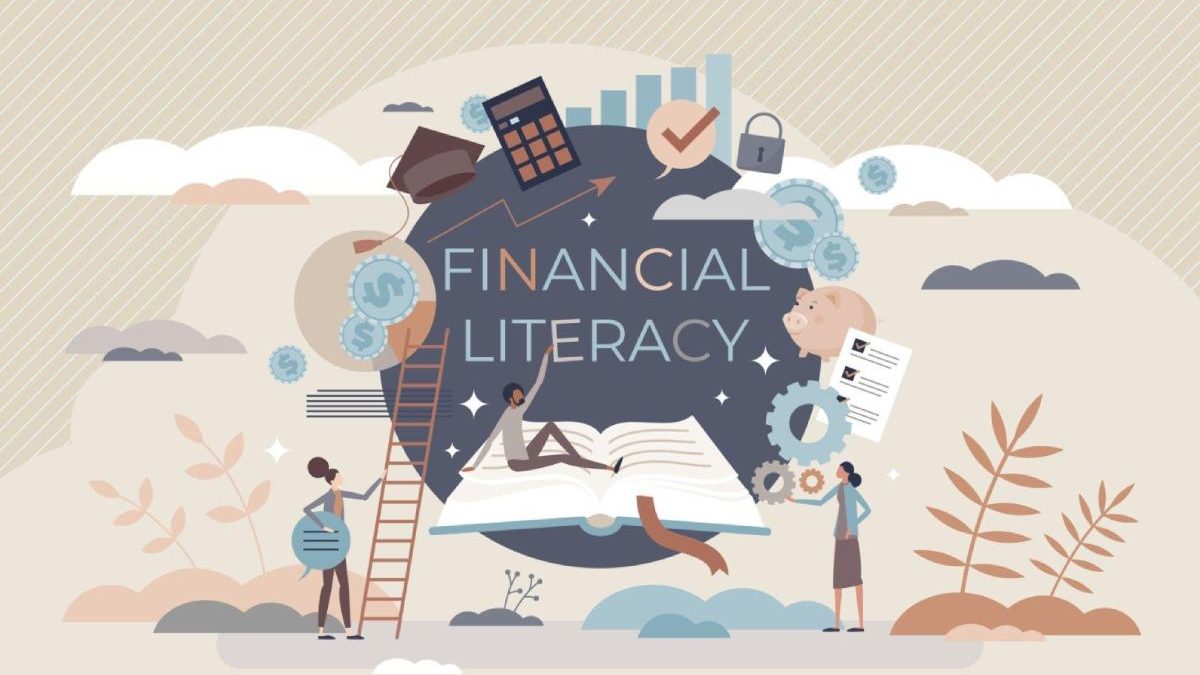Financial Literacy – It cannot be claimed that knowledge of economics helps one become richer. But those who do better on financial literacy tests overpay less on loans. Parents cannot insure their children against mistakes and reckless spending, but teaching them about insurance and how to count money is a feasible task. How and what to teach a schoolchild to grow up to be a reasonable consumer, a successful gambler at https://extra-chilli-slot.com/, or a great entrepreneur?
Table of Contents
What Is Financial Literacy

Financial literacy as a set of knowledge, behavior and attitudes towards shopping, borrowing, investing and other things. A literate person is familiar with such concepts as the interest rate on a loan, the body of debt, compound interest, inflation, the cost of money, risk diversification. They know how to budget, how to save, how to compare goods and services, and how to use financial tools. An important thing about a financially literate citizen is the attitude to income and expenses, the willingness to take responsibility for his decisions, and the desire to master more effective consumer strategies.
How to Choose Materials and What to Do With the Child at Home

Preschoolers
Children from 3 to 7 understand that money helps meet many needs. However, children learn gradually where money comes from and what they have to spend it on. By school age, it’s helpful to tell your child about money in general and in your life in particular.
To teach preschoolers to compare prices on items. Many parents give them pocket money every week. If you are ready to teach your child in practice, decide how much money and under what conditions you are willing to allocate. Keep in mind that psychologists advise against punishing a child by not giving him or her pocket money for misdemeanors. However, reasonable restrictions are necessary: for example, a ban on buying matches. Sweets that the child is allergic to, or betting.
Sometimes children have the idea of making their own money, such as selling cookies or homemade lemonade. It may not come down to starting a business, but discussing a business plan with a preschooler is a great idea. It will most likely be a revelation to the child that revenue and income are not the same thing, and that flour or lemons need something to buy first.
Elementary Schoolchildren
While pocket money is a nice perk for preschoolers, it’s a necessity for younger students. Many kids make their own way to school, buy food and office supplies, so they get money for necessary purchases. In order for elementary schoolchildren to learn to plan a budget and understand the value of money, they should leave a fixed amount for free spending.
To an adult’s eye, children’s desires often seem silly and pointless. But it is important to let your child choose their own items. It’s better to buy a low-quality item at school age and be upset when it falls into disrepair than to have this experience as an adult.
Middle School Students
Don’t be afraid to load your child with too much complex information. Sharing their thoughts about shopping, earning, and credit is a natural and safe way to learn about the world of finance.
If you’re planning to buy a car, suggest that your child work together to select a car and car loan option based on requirements and available funds. Discuss your choice, ask questions and explain how one bank offer is better than another. What a trade-in is, and how “horses” and gasoline consumption are related.
When a blender breaks down, you can involve your child in choosing a new appliance, and at the supermarket ask them to compare the price of products from different manufacturers, taking into account the weight or volume of the package. Such practical training should be easy, without admonition. It’s important not to turn a trip to the store into a lesson in arithmetic.
The older a child is, the more pocket money his parents usually entrust to him. However, you can go even further and let the child take responsibility for some of the essential expenses: buying not only gadgets. Treats and entertainment but also clothes and shoes. You still limit the budget for these purchases. But the responsibility for the process and the result may well be shifted to the teenager.

